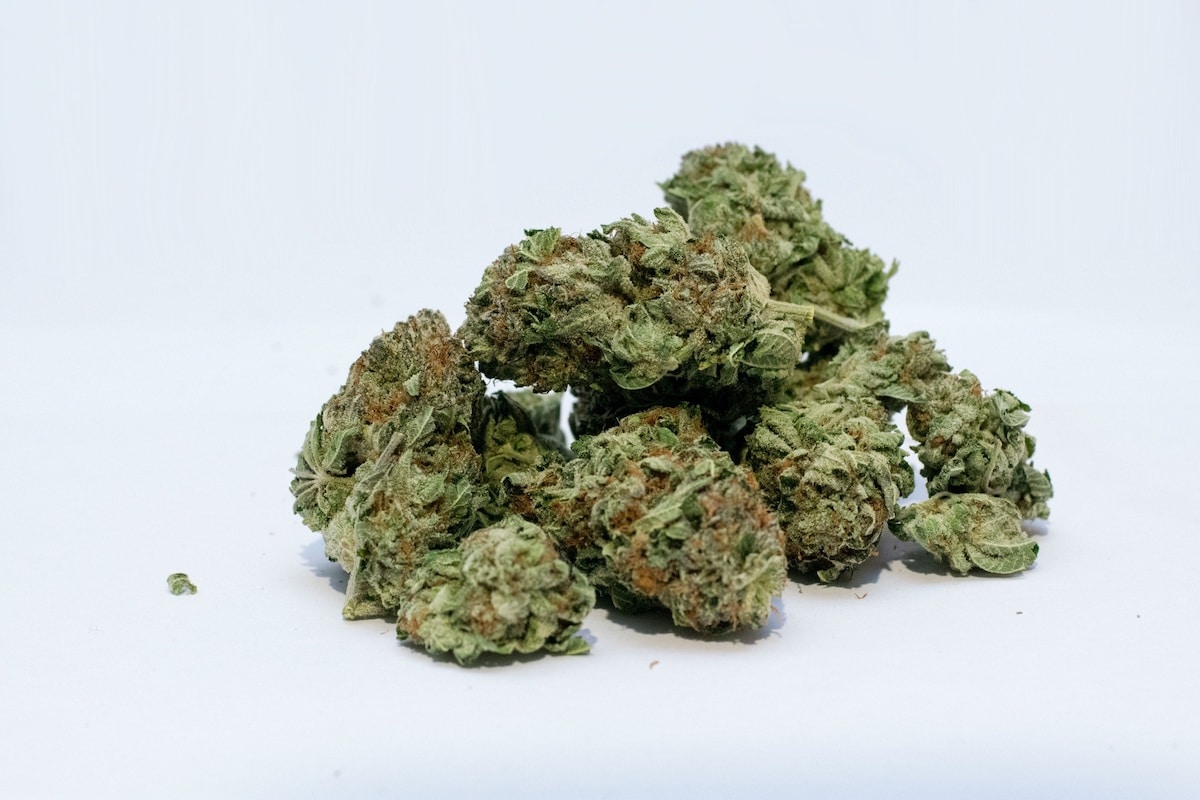Table of Contents
When people ingest or smoke cannabis, those plant compounds interact with their bodies. This is the chief reason for many centuries; humans have shifted to cannabis for various purposes, like religion, relaxation, recreation, and pain relief. Many people wonder about the length of time marijuana remains in their system. They need to shift their attention to delta-9-tetrahydrocannabinol or THC to know the answer to this question. This is an intoxicating cannabinoid that is popular for forming stoned or euphoric effects. As THC is unlawful in the United States, the tests of cannabis drugs habitually screen for THC metabolites of THC.
The method by which cannabis travels through your body
To understand how long weed stays in your system, you must establish how THC travels and interacts with your body. If you vaporize or smoke cannabis, THC gets into your bloodstream via the lungs, and from there, it gets into the bloodstream to reach the heart. It is pumped all through the body and binds to the CB1 receptors in the brain, CNS (central nervous system), some organs, and CB2 receptors in the immune system and spleen.
As there is a continuous circulation of blood all through the body, THC to passes through the liver before it gets crashed into metabolites. To check the presence of weed in a person’s body, most drug screening processes hunt for one metabolite, THC-COOH. This inactive metabolite of tetrahydrocannabinol remains preserved in body fat before it is eliminated via feces and urine.
This is why several marijuana kits and detox drinks claim to lessen the occurrence of THC metabolites. When you take cannabis orally, THC gets into your bloodstream via the walls of your stomach and intestines, traveling to the liver directly. Here, it is metabolized or eliminated in massive amounts. The heart circulates the remaining THC metabolites and THC before sending them to the brain.
The time cannabis takes to metabolize or break down
THC is a chemical substance that remains present in cannabis, and it is known as delta-9-tetrahydrocannabinol. The bloodstream absorbs the THC that gets into a person’s body. Some THC remains preserved in fatty tissues and organs, and in the kidneys, this gets reabsorbed.
THC is broken down in a user’s liver and has over eighty metabolites. However, the most remarkable ones are called 11-hydroxy-delta-9-tetrahydrocannabinol and 11-nor-9-carboxy-delta-9-tetrahydrocannabinol. When a user goes for drug tests, these tests hunt for these metabolites, which stay in the body for a longer period than THC. Finally, THC, as well as its metabolites, gets excreted in stool and urine.
Some factors that affect the staying of cannabis in a user’s system
Various factors might influence the extent of time that cannabis stays in a person’s system:
- Dosage – When you consume a lot of THC, your body will take longer to break it down.
- Genetics – Genetics, too, affects the amount of time THC remains in a person’s body.
- Frequency of cannabis use – The general frequency and duration of cannabis use significantly affect the extent of the time cannabis stays in a person’s system. Most research on the detection of cannabinoids proves that THC remains for a longer time in chronic users’ bodies compared to occasional or one-time users. The high-frequency and long-term use of cannabis is also considered a remarkable risk factor for developing withdrawal symptoms of cannabis.
- Metabolism – If your body has a higher metabolic function, it can break down cannabinoids quicker. Hence, it will shorten the time that THC and its metabolites will remain visible in the body.
- Fat – The metabolite THC-COOH tends to be fat-soluble, so whether or not your body has more fat becomes a significant factor. THC-COOH binds well with fat molecules, and here, it remains preserved for a long time. Exercise, too, can affect the levels of measurable THC metabolites. If you burn fat, dormant THC will be released and excreted in feces or urine.
The drug testing methods
Drug tests are done to measure cannabis and its metabolites, which stay in a person’s system for a long time, even when the effects of weed have worn off. Some popular drug testing methods are:
- Urine testing – Cannabis becomes detectable in urine, so urine testing is considered the most common testing process for cannabis.
- Blood testing – Cannabis is commonly noticeable in the blood for one or a couple of days. Nonetheless, in a few instances, it gets detected after twenty-five days. Cannabis can be seen in a person’s bloodstream within seconds of ingesting it, and it becomes dispersed to the issues. The blood reabsorbs and breaks down some, and its metabolites remain in the user’s bloodstream for several days.
- Saliva testing – Based on a study, cannabis becomes detectable in a person’s saliva, but it differs based on users:
- Chronic users – 1 – 29 days
- Occasional users – 1 – 3 days
Cannabis enters the saliva via exposure to smoke or smoking. But its metabolites remain in saliva if a person ingests or smokes weed.
- Hair testing – The tests of hair follicles assess drug utilization for nearly 90 days. After use, cannabis reaches a user’s hair follicles through small blood vessels, and some trace amounts remain in the hair. As hair grows nearly 0.5 inches/month, a 1.5-inch segment can propose a window of cannabis use for the previous three months.
The gradual improvement
There is a lack of a universal standard to measure the amount of time cannabis stays in your system, as it depends on various variables. THC and its metabolites can be detected in urine, blood, hair, and saliva. However, present research allows people to understand estimates for different systems better. Cannabis remains in a person’s system for many days to several months. Detection windows depend on the drug test and other factors, like whether you ingest or smoke weed regularly.

